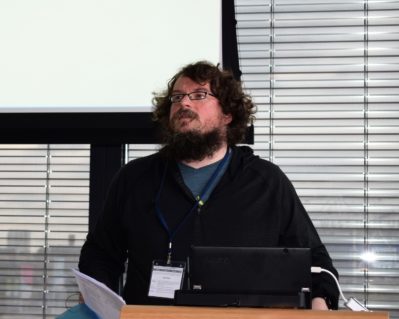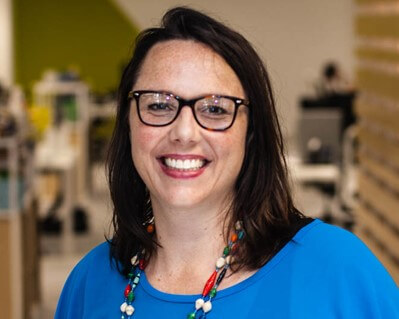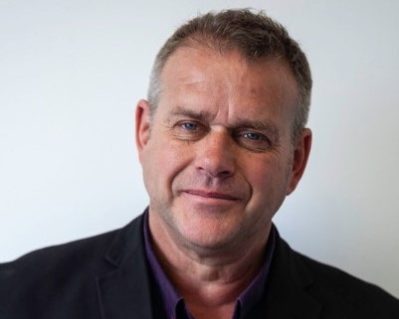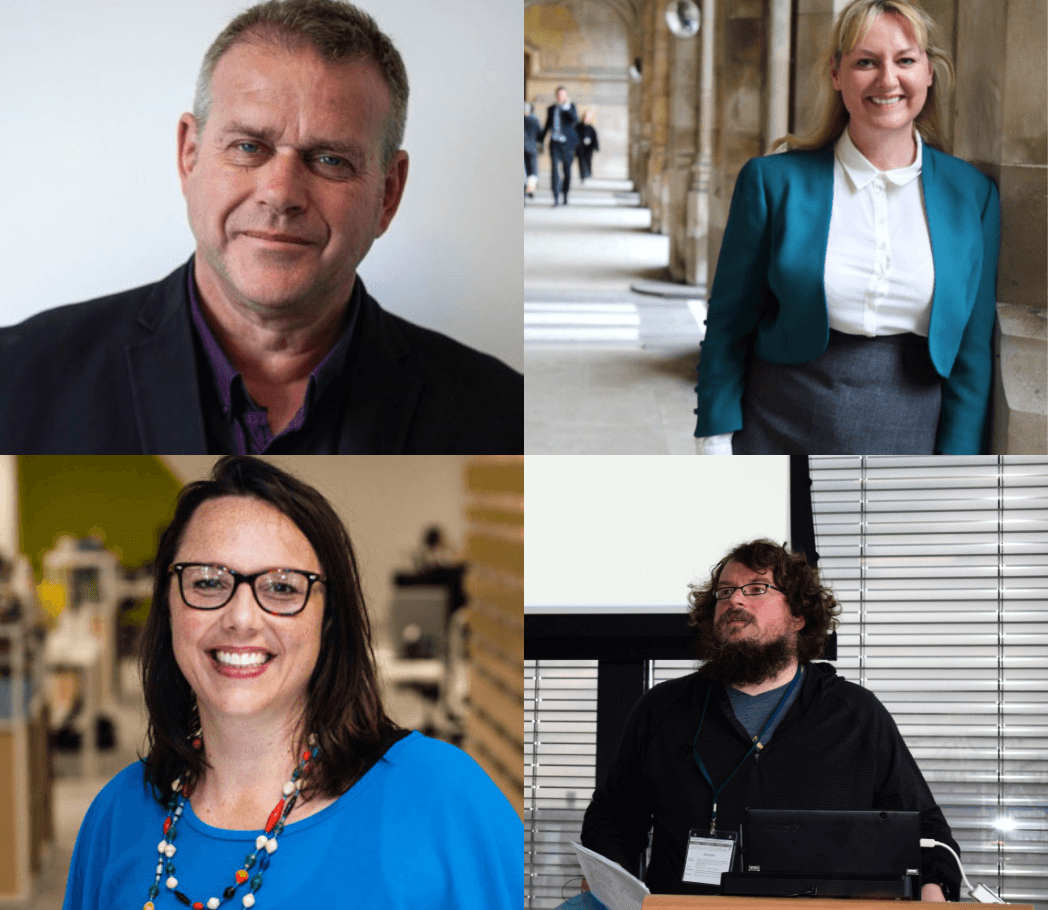
Helen Undy, Chief Executive, Money and Mental Health
Meet our new Advisory Board members
28 August 2019
At Money and Mental Health, we are always keen to acknowledge the vital role of our supporters in helping us achieve what we do. From our Research Community members to our Twitter followers, you all do your bit to make our work possible.
Our Advisory Board is a key example of this. Our members come from a wide range of personal and professional backgrounds, and each brings a unique set of skills and experiences that enable them to support our work in a variety of ways – whether it’s giving us advice on a particular area of research, or helping us navigate the hurdles of the Parliamentary process.
So today we’re delighted to be adding eight new members to its ranks. We’re incredibly grateful to all of them for offering to share their time and expertise with us – and to all our existing members for their continued support. Read on to hear from a few of our newest recruits to learn how they came to be involved and what they hope to contribute:
Dan Holloway - Mental health campaigner and CEO of Rogue Interrobang

“I have been involved in activism around money and mental health for more than a decade after [fellow Advisory Board member] Chris Fitch found my blog on the subject and got in touch. In that time, there has been some genuine progress, but there are still issues of systemic inequality. The Money and Mental Health Policy Institute’s focus on many of these is incredibly important, and one reason why I am so excited to be joining their Advisory Board. In too many areas people with a mental illness pay a disability premium, whether it’s not being able to access services only available by telephone, lacking the mental resources to switch to better deals, or being charged extra by supermarkets and cafés for executive functioning issues. Being disabled costs money for those who often have the least.
“As a disabled consumer, I find the increasing pace of technological progress potentially very exciting. But without the voices of those with lived experience being heard at every stage, including being in the room when key decisions are made, the impact on us could be catastrophic. I would love every new fintech start-up, every policy initiative, every multinational bank to ensure that we are always in the room when decisions that affect us are made. Not considered. Not consulted. Actually in the room. Through their research panel and in their campaigning Money and Mental Health have demonstrated the seriousness of their commitment to the principle ‘nothing about us without us’.”
Kate Sutton - Head of Corporate Social Innovation, Nesta

“I work at the United Kingdom’s Innovation Foundation Nesta and everyday I am lucky enough to support new innovative solutions to some of the worlds biggest challenges. The Money and Mental Health Policy Institute are at the forefront of new ideas and innovation to ensure the most vulnerable in society are supported and I am excited to contribute my knowledge and networks to supporting the organisation to do more.”
Mark Trewin - Mental Health Social Work Lead at the Department of Health and Social Care

“I am currently the Mental Health Social Work Lead at the Department of Health and Social Care, but have worked in adult social care since the mid 1990s, during which time I’ve done a lot of different jobs – many involving providing support to people experiencing mental health problems. I have been a mental health social worker and an approved social worker, working with people who have long term mental health issues and supporting them to live as independently as possible. I have also managed supported housing and day services for an NHS/Local Authority partnership and overseen a community forensic team supporting offenders in the mental health system to be discharged.
“As a social worker, I believe passionately that we can reduce the effects of mental and physical health problems by dealing with the social determinants of health and care. Reducing poverty and austerity and improving housing and communities are key to this, which is why I’m looking forward to supporting Money and Mental Health in working to break the link between mental health problems and financial difficulty.”
